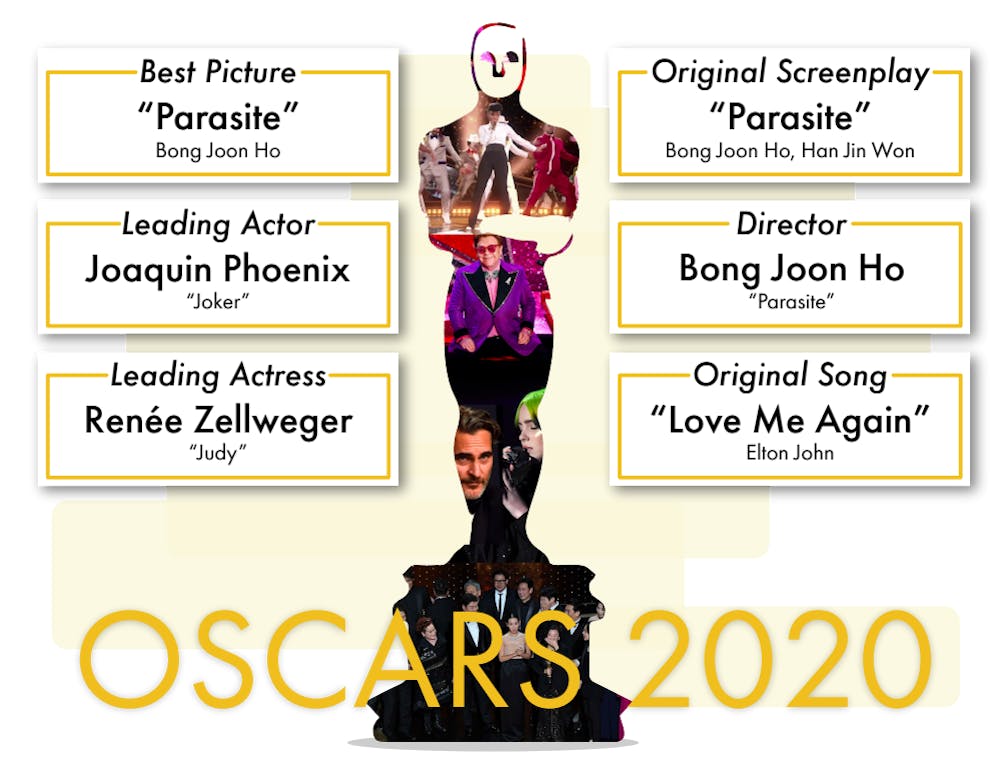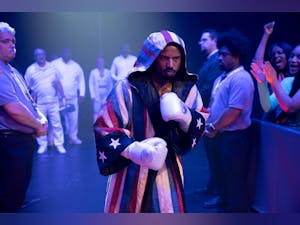From: Silver Screen
Boots Riley is ‘Sorry To Bother You’ : On his latest movie, the role of the individual and how we’re all just performing

The summer, while usually reserved for the blockbuster smashes of superhero action flicks, has found a darling in Boots Riley’s first feature film, “Sorry To Bother You.” The film centers on Cassius Green (Lakeith Stanfield) as he descends into the seedy underworld of telemarketing while discovering his “white voice.” The film is out now and has been a project of Riley’s for some time: the original script was finished in 2012 and published as its own paperback in 2014. Starting his career as a musician, Riley is used to creating socially conscious pieces of art within various different mediums.
The rapper turned director and screenwriter Riley doesn’t want his film to be just about one thing.
“The film is an absurdist dark comedy with magical realism and science fiction, inspired by the world of telemarketing,” Riley said. “I think that anything in life is the vehicle for something, bigger, similarly, I am not trying to illuminate something specifically about telemarketing, it’s more illuminating something about the world and where and how we can engage with it.”
Riley, who used to work in the world of telemarketing, feels as though his film is more about witnessing the struggle and what comes from it as opposed to always finding a happy ending.
“I wanted to take the viewer through the emotions that come along with discovering things about yourself and discovering new ideas and I didn't want to just show that, I didn’t want to show the ideas, I wanted people to feel those same emotions that come with that,” Riley said. “I wanted to start with someone who could weigh out the ideas as well.”
While the film may come across as radical, Riley doesn’t consider himself or the film radical, but rather a way to start a longer more important conversation.
“I am not trying to get people to go out in the woods and live alone and away, the whole point is we’re all interacting with each other in a specific way, under a specific economic system and I hope things change,” Riley said. “They are not going to change by someone saying ‘I am out of this, I am innocent.’ Then you’ve taken yourself out of the game. Then you’re out of the struggle to change how people think.… My goal is not to create some alternative form of capitalism … the whole point is for me to be able to communicate with folks.”
Key to the character of Cassius in the movie is the conflict that he faces between selling out or keeping true to what he believes in. Riley said he uses this struggle as a vehicle in the film.
“More what I am trying to get across other then the sellout vs not sellout is the idea of some individual solution to freedom versus a collective one,” Riley said.
In the movie, Cassius discovers his “white voice” and uses it to climb up the ladder in his telemarketing job. Riley explains how the white voice is used as vehicle for performance:
“We’re all performing acts of identity and it isn’t always conscious, but it is connected to what we think is right for us or harkens to something else that we believe,” Riley said. “Everyway that we speak is a performance, but that performance that they were doing is connected to the need to put forward a facade of everything being ok.”
While the movie does hit on all different kinds of topics, central to the film is the idea of fighting on no matter what. Riley hopes that audience members will learn that lesson after they walk out of the theater.
“There are many things I want people to take away, there are many ideas going on, but I think what I want people to leave is a feeling that everything can be wrong and everything can be f----- up, but the main thing is that the fight can go on and that there is a way to fight. That you do have power and that the struggling is the thing that brings us through.”
“Sorry To Bother You” is out now.
jrobbins@theeagleonline.com




